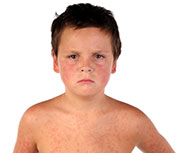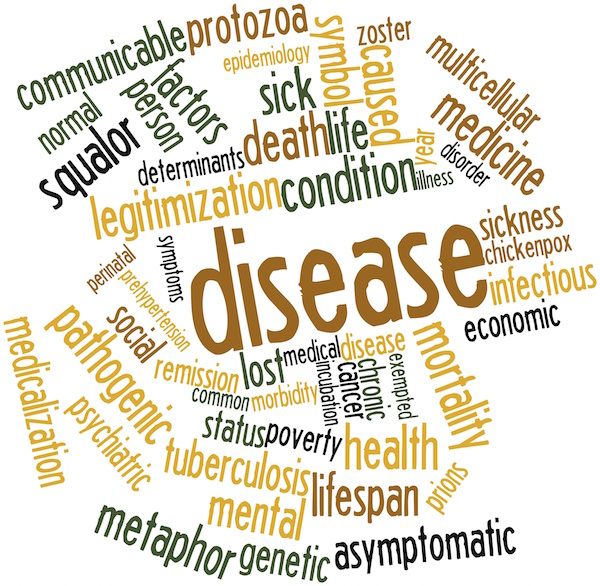
THURSDAY, May 29, 2014 (HealthDay News) — Measles cases in the United States are at a 20-year high so far this year. And nearly all the cases involve unvaccinated U.S. residents who’ve traveled abroad to countries where the respiratory disease is much more prevalent, federal health officials said Thursday.
“The current increase in measles cases is being driven by unvaccinated people, primarily U.S. residents, who got measles in other countries, brought the virus back to the United States and spread [it] to others in communities where many people are not vaccinated,” Assistant Surgeon General Dr. Anne Schuchat said in a U.S. Centers for Disease Control and Prevention news release.
“Many of the clusters in the U.S. began following travel to the Philippines, where a large outbreak has been occurring since October 2013,” added Schuchat, who’s also director of CDC’s National Center for Immunization and Respiratory Diseases.
As of May 23, there had been 288 measles cases reported to the CDC, the largest number of cases in the first five months of a year since 1994, the agency said.
Of the 288 cases, 97 percent (280 cases) involved unvaccinated people bringing the virus back from overseas. More than one in seven cases led to the patient’s hospitalization, officials said.
An “ongoing outbreak in Ohio alone had reported 138 cases by May 23,” Schuchat added at a midday news conference. The Ohio cases include “multiple Amish communities [that have] roots with travel to the Philippines,” she said.
The Philippines has reported more than 32,000 cases and 41 deaths from measles between Jan. 1 and April 20 of this year, Schuchat said.
The surge in measles cases highlights the need for Americans to get vaccinated against the potentially fatal disease. And health-care providers should use every meeting with patients to make sure they’re up to date on their vaccinations, especially if they’re planning to travel abroad, the CDC said.
Among the U.S. residents who weren’t vaccinated against measles, 85 percent cited religious, philosophical or personal reasons for not getting inoculated, the CDC said.
Measles is a highly contagious respiratory disease. According to the CDC, it begins with a fever that lasts for several days, followed by a cough, runny nose and conjunctivitis (pink eye). A rash emerges on the face and upper neck, and spreads down the back and trunk, then stretches to the arms and hands and finally the legs and feet.
While the symptoms are unpleasant, the complications of measles can be dangerous. An estimated 6 percent to 20 percent of those who contract the disease will get an ear infection, diarrhea or even pneumonia. One out of 1,000 people will develop brain inflammation and about one out of 1,000 will die.
Anyone not vaccinated is at risk, the CDC says, especially if they travel abroad. Measles is still common in much of the world, including countries in Africa, Asia, Europe and the Pacific. It’s estimated that 20 million people worldwide get measles each year and 122,000 die from the disease.
Measles was declared eliminated from the United States in 2000. But, that’s been a blessing and a curse, Schuchat said. “Many U.S. health-care providers have never seen or treated a patient with measles because of the nation’s robust vaccination efforts and our rapid response to outbreaks,” she said.
If a health-care provider suspects that a patient has measles, they should immediately isolate the patient to help prevent the disease from spreading, immediately report the case to their local health department and collect specimens for blood and viral testing, the CDC said.
Infants and young children are at high risk of a serious case of measles, according to the CDC. The agency recommends two doses of the measles, mumps, and rubella (MMR) vaccine for everyone starting at 12 months of age. For those traveling abroad, the CDC urges that all U.S. residents older than 6 months receive the MMR vaccine.
More information
To learn more about measles, visit the U.S. National Library of Medicine.
Copyright © 2026 HealthDay. All rights reserved.

